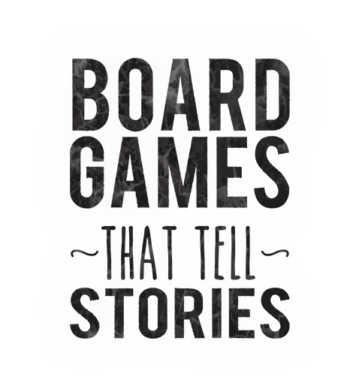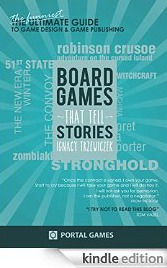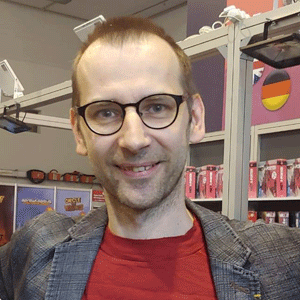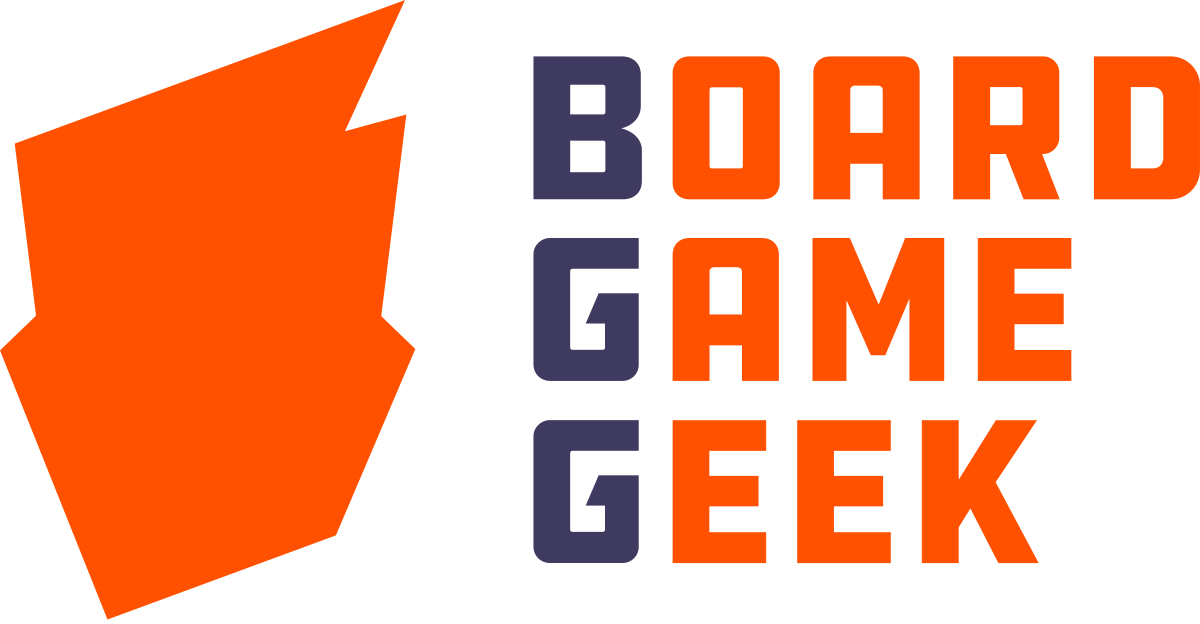Mst won all the subsequent Pret-a-Porter plays. Battered his opponents left and right, without exception. I was always there. I watched. I noted. Sometimes I changed something in the rules for the sake of balance. I watched in silence as week after week Martin was leaving all the other players empty-handed. Asiok, Ryu, Sheva, Tollis, Arti… Anyone – and I really mean anyone – who sat at the table with him after two or three hours stood up with his or hers head held low. Again and again, Martin had more money than all the other players put together. Cornering them. Strangling. Bringing to the brink of bankruptcy. He profited on the opponents’ blood and tears.
In the end I couldn’t stand it. I put my notes aside. I also put aside the role of game’s author who’s carefully watching the ongoing test plays. I’ll play – I said and sat down to play with Martin.
I won the first fashion show. I dominated him, got the biggest number of Stars, biggest amount of money and bright perspectives. I had carefully watched Martin’s moves throughout all those previous plays. I knew how to beat him. I knew Pret-a-Porter as my own pocket. My game. My territory.
Things went in an absolutely unexpected direction next round. Martin blocked me in the Warehouse, where materials can be bought. He did not need those materials. He did not have to do this. But he wanted to.
My clothing company went through a huge tumble. I obtained materials from a different source, but this slip had cost me a lot, the second fashion show turned out to be much worse. I would have managed to get on an even keel and stand to fight as an equal during the third show if I were fighting against an opponent that might allow that. I was not. Martin blocked the Credit House and once again left me standing at the Warehouse’s doors. It was as if he held his knee on my throat. And pushed harder every time he put his pawn on the board.
I finished the game with a disastrous result. Martin battered me so hard that I didn’t know where to look.
We played a rematch a week later. This time I managed to defend a bit longer. The decisive blow struck me not until the last quarter…
***
In 1987 Oliver Stone made a terrific movie with Michael Douglas called the Wall Street. He talks about what money can do with people. Wall Street does not show the well-behaved businessmen. It cannot be associated with peaceful economic games in which we buy raw materials, change them into goods and sell at a profit. Wall Street shows the struggle, the betrayal, shows that money is – just like firearms- a tool that can kill.
Pret-a-Porter is like Stone’s movie. It is dynamic, aggressive and players feel the pressure of fighting for victory in subsequent rounds of the game. It has been achieved in a simple manner – there are four moments of scoring (fashion shows) during the game and you have to be ready for each of them. You must be active all the time. You need to have your short-term strategy (for the upcoming show) and a long-term one (for which show to press the most and on which ones to allow your company to catch a breath). You have to watch your opponents’ moves and try to thwart their plans – win the show for which they prepared the most, get at least a tie in other scorings – not allowing them to win and get a large amount of cash.
This is a real fight. Here, you count your money and calculate what you can afford. Whether you have the funds to pay the maintenance costs of the company? Whether you have enough to purchase materials? Or enough funds for your business development? And if you have the money, you calculate even more. What if? What if I employ a model thus increasing the maintenance costs – will that thwart my enemy’s plans? What if I opt for more expensive materials’ purchases – will I outdistance my opponents on the show where the quality counts? Can I afford to buy more materials in advance in order to dominate the following show? Will taking the credit for those actions pay off? Will I manage to invest money and win the next show?
This is facing the constant choices. This is observing your opponents. This is finding weaknesses in their businesses and snatching the employees they need from under their nose. This is inflating your maintenance costs to draw your opponents into a trap, into an exhausting race for dominance in Public Relations. This is checking your expenses constantly and analyzing what else you can afford, how far you can risk the struggle for collection’s other features. This is sometimes bluffing and sometimes merciless stabbing in the back. This is training your employees, buildings development, loans, materials of three quality classes, short-term contracts and permanently built buildings.
When I sat down to work on this game and I wrote down the feelings and emotions that I wanted to rise in my players, I did not expect that I could achieve all of that. That my flesh would creep before making each move. That I would hold my breath before my opponent’s actions. That I would swear like a sailor or a tavern wench seeing what my opponent’s doing and how much he crashes me with his movement.
I have to admit this today. Pret-a-Porter came out to be much better than I expected.


 I strongly believe that good board game is the one that tells a good story. You play it and suddenly you are sucked into it, you feel chills on the skin. Emotions grow. In a moment you defend castle. You hear roar of warriors. You smell boiling oil. You are into it.
That's how I design my games. I always want to tell a good story. I want players to be into it. As deep as possible.
I strongly believe that good board game is the one that tells a good story. You play it and suddenly you are sucked into it, you feel chills on the skin. Emotions grow. In a moment you defend castle. You hear roar of warriors. You smell boiling oil. You are into it.
That's how I design my games. I always want to tell a good story. I want players to be into it. As deep as possible.



